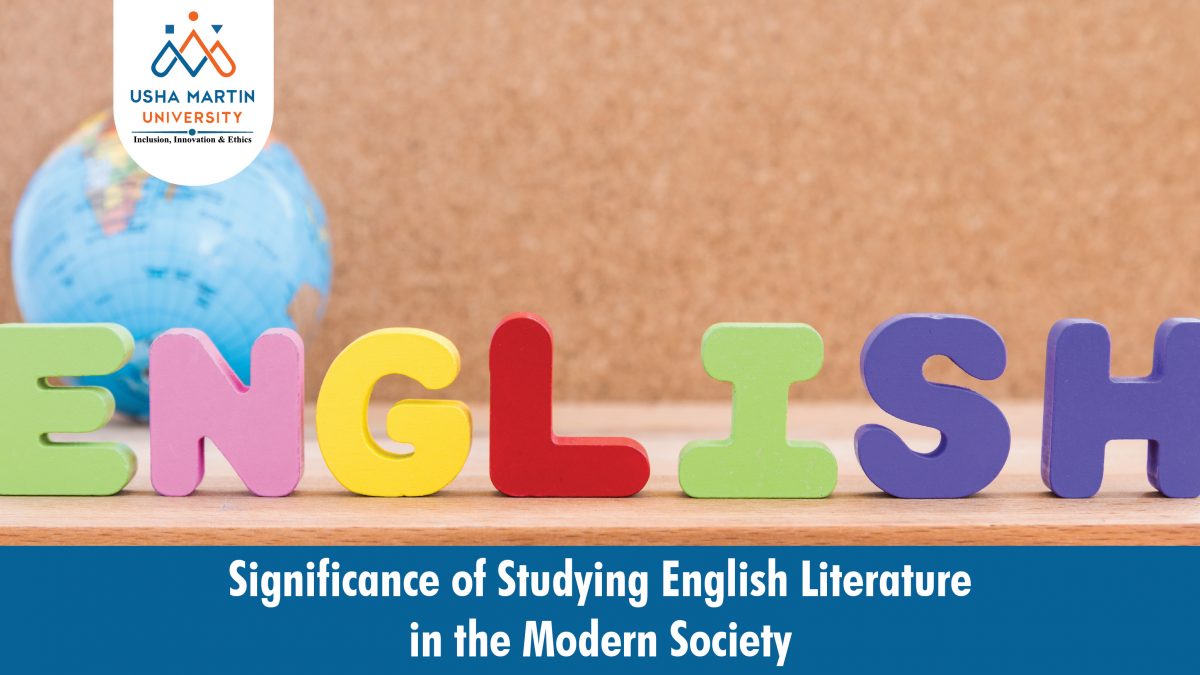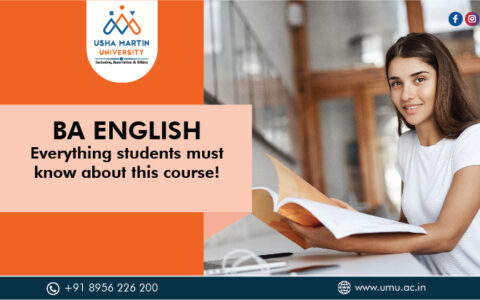
Top Four Trends That Define the Future of Nursing
March 30, 2022
4 International Learning Trends that will Transform Higher Education in 2024
April 6, 2022Literature allows us to see beyond ourselves and provides us with a ticket to alternate worlds. It’s like a fossil of people from different eras, revealing how they thought and felt and can influence our lives since it has stood the test of time. It describes what we see on Earth because it recognizes that humans are flawed and do not have access to absolute facts. History reminds us of what happened, and it provides us with what is specific and contingent. On the other hand, literature gives us the universal and extrapolates us in the particular inch of the universal.
Although the literature does not have the answer to every question that may stem in mind, it does enable us to ask appropriate questions. It also takes us into the realm of fiction and imagination, which is on the verge of becoming fact or truth. In our day of multiculturalism, it provides a universal connection. It brings people together to celebrate ethnic identity. Literature is the representation of the reading ritual. Something happens when we read; it’s not just symbolic notations on a page, but everyone who reads is a co-author who brings the book to life. Each writer needs a reader, and reading is the ritual through which something significant occurs and truly changes lives.
Read More: BA English | Everything Students must Know about this Course!
Humanities do not guarantee a quick return on investment; this type of learning defies simple definition and cannot be quantified in the short term. However, it does provide a space for people to explore the interconnectedness of our world and the vastly different experiences shared by people throughout history. It allows us to see the world through the perspective of others, which is always surprising. This is the ideal interdisciplinarity because it teaches everyone how to put the world together so that human beings are at the center of it all. As Boris Pasternak rightly said, literature is the art of discovering something extraordinary about ordinary people and saying something extraordinary with ordinary words.
Arun Kumar Panda
Dept of English,
Usha Martin University, Ranchi




